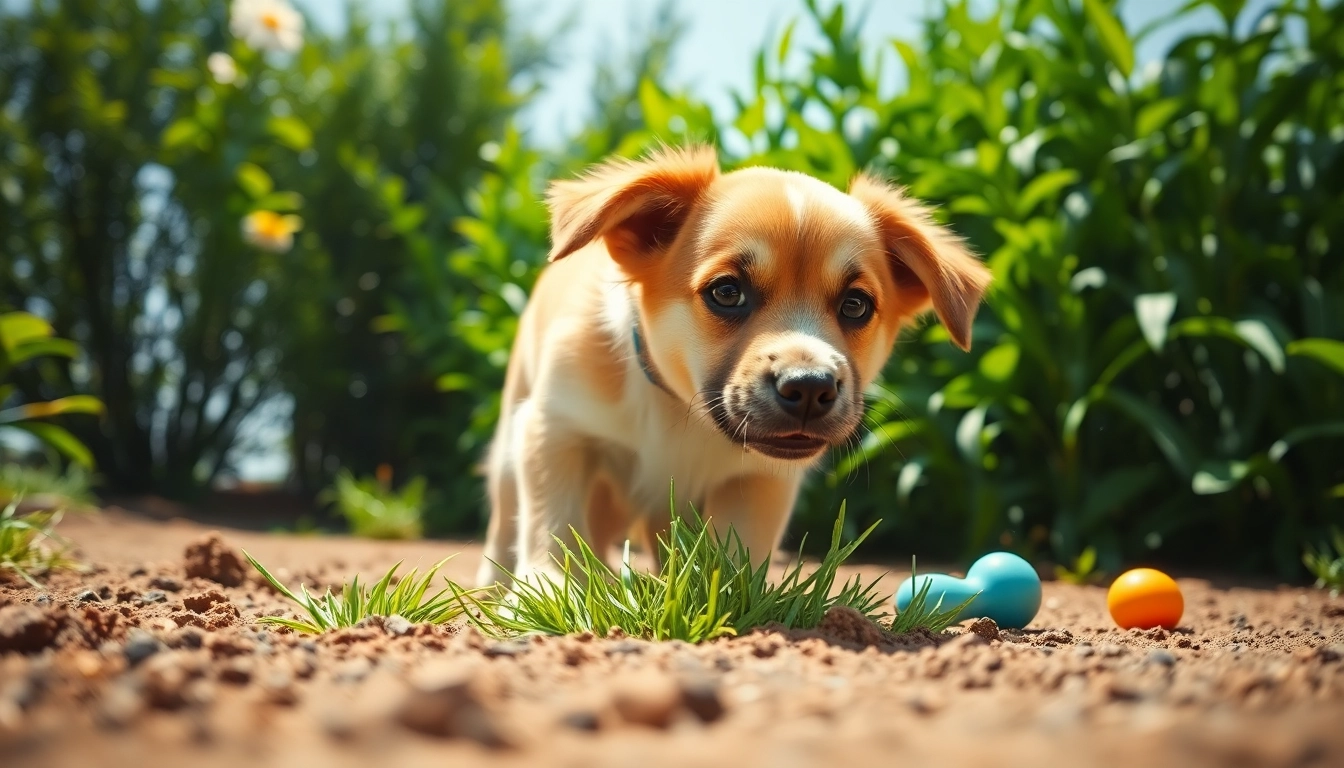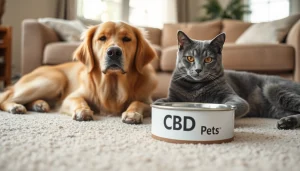Understanding Why Your Dog Smells Like Pee and Solutions to Address It
Identifying the Causes of Dog Smells Like Pee
When your furry friend starts to emit a pungent odor reminiscent of urine, it can be a cause for concern. Understanding the underlying reasons behind these dog smells like pee is essential in addressing not just the smell, but potential health issues as well. In this guide, we will investigate various factors contributing to this common issue among dogs and what pet owners can do about it.
Common Health Issues
Several health conditions can lead to a dog smelling like pee. Listed below are some prevalent problems that need to be considered:
- Urinary Tract Infections (UTIs): UTIs are one of the most common culprits behind foul odors. Bacteria can infect the bladder or urinary tract, leading to a strong, unpleasant smell.
- Kidney Disease: As kidneys struggle to function properly, toxins may accumulate, contributing to a strong urine-like odor.
- Cushing’s Disease: This endocrine disorder affects a dog’s hormone levels, often leading to excessive thirst and urination, resulting in odor.
- Diabetes Mellitus: When sugars are excreted in urine, they can create a sweet, intoxicating smell, which might be perceived as a pee-like odor.
Diet and Dog Smell Connection
The food your dog consumes plays a significant role in their body odor. Dog foods high in protein may lead to a more pungent scent, particularly if the diet is also low in fiber. Furthermore, certain ingredients, such as fish or garlic, can alter the smell of your dog’s body and urine. If you’ve recently changed your dog’s diet or switched to a different protein source, this change might contribute to the problem.
Impact of Hydration Levels
Hydration has a direct impact on your dog’s urinary health. Dehydrated dogs may produce concentrated urine, which can have a stronger and more offensive smell. Ensuring your dog drinks enough water throughout the day not only helps to maintain a healthy urinary tract but can also alleviate odors that arise from overly concentrated urine.
Effective Home Remedies for Dog Smells Like Pee
When dealing with this smelly situation, several home remedies can help ameliorate the odor and improve your dog’s overall hygiene.
Bathing Techniques
Regular bathing is essential in maintaining your dog’s hygiene. Use a gentle, dog-friendly shampoo to effectively eliminate odors. Be sure to rinse thoroughly; any residual shampoo can irritate the skin and contribute to odors. Bathing every month or as necessary can help keep your dog smelling fresh.
Use of Natural Deodorizers
Natural deodorizers can work wonders for both your dog and your home. Options such as baking soda can be sprinkled on your dog’s bedding or areas where they frequently lie. The baking soda absorbs odors effectively. Alternatively, consider using apple cider vinegar diluted in water as a rinse or spray. This not only neutralizes odors but also enhances your dog’s coat.
Regular Grooming Routines
Grooming plays a crucial role in maintaining a dog’s hygiene and minimizing odors. Regular brushing removes dirt, dead hair, and dander that can harbor unpleasant smells. Pay particular attention to areas prone to moisture, such as the ears and paws, as they can trap odors. Scheduling professional grooming sessions can also be beneficial if you find it hard to keep up with regular grooming at home.
When to Consult a Veterinarian
If odors persist despite your efforts, it may be time to seek veterinary advice. Awareness of specific signs can help identify when professional intervention is necessary.
Signs of Underlying Health Problems
Look for accompanying symptoms that might point to larger health concerns. Persistent bad breath, changes in appetite, increased thirst, and weight loss are red flags. If your dog appears lethargic or has difficulty urinating, these are signs that immediate veterinary care is warranted.
Tests Your Vet Might Recommend
At the veterinary clinic, the vet may recommend several tests to determine the underlying cause of your dog’s odor issues. Blood tests can check for kidney function, diabetes, or infections. Urinalysis may reveal urinary tract problems or signs of kidney disease. Depending on the initial findings, further diagnostic imaging may be necessary.
Preventive Care Strategies
Preventive care is crucial to avoid the recurrence of odors associated with the aforementioned medical issues. Regular vet check-ups, a balanced diet, and maintaining hydration are fundamental practices every dog owner should adopt. Vaccinations and parasite control also play a vital role in preventing health conditions that could lead to unpleasant odors.
Long-term Solutions for Persistent Odors
Long-term strategies not only help in eliminating odors but also contribute to your dog’s overall health.
Choosing the Right Food
Choosing high-quality dog food tailored to your dog’s specific dietary needs can help minimize odors. Opt for balanced diets that are appropriate for their age, weight, and activity level. Ingredients rich in antioxidants and dietary fibers can aid in digestion and reduce unpleasant smells.
Hydration Habits to Encourage
Establishing a routine that encourages adequate water intake is vital. Providing fresh water numerous times throughout the day and investing in a dog water fountain can make drinking more appealing. Additionally, consider incorporating wet food as part of their diet to boost hydration levels while providing essential nutrients.
Cleaning Solutions for Your Home
Make sure to maintain a clean home environment by using pet-friendly cleaning products. Regularly cleaning your dog’s bedding, toys, and common areas will help eliminate lingering smells. Investigate enzymatic cleaners, which digest organic stains and odors, making them a great option for a home with pets.
Maintaining a Fresh Living Environment
Finally, ensuring a fresh living space is both essential for you and your dog’s comfort and health.
Air Quality and Deodorization Techniques
Good ventilation can help mitigate odors. Consider using air purifiers designed for pet owners, as they can effectively remove pet dander and odors from the environment. Natural options such as activated charcoal bags can also absorb unwanted smells effectively without using harsh chemicals.
Specialized Pet Cleaning Products
Investing in specialized pet cleaning products can significantly contribute to odor control. Look for biodegradable sprays that eliminate odors at the source rather than masking them. These products can be particularly useful for cleaning up accidents promptly.
Creating a Routine for Freshness
Establishing a regular cleaning routine not only helps in controlling odors but also fosters a pet-friendly environment. Schedule weekly cleaning sessions to focus on your pet’s areas and make it a habit to keep their living spaces tidy. Incorporate regular grooming and bathing into this routine for a comprehensive approach to managing odors.



